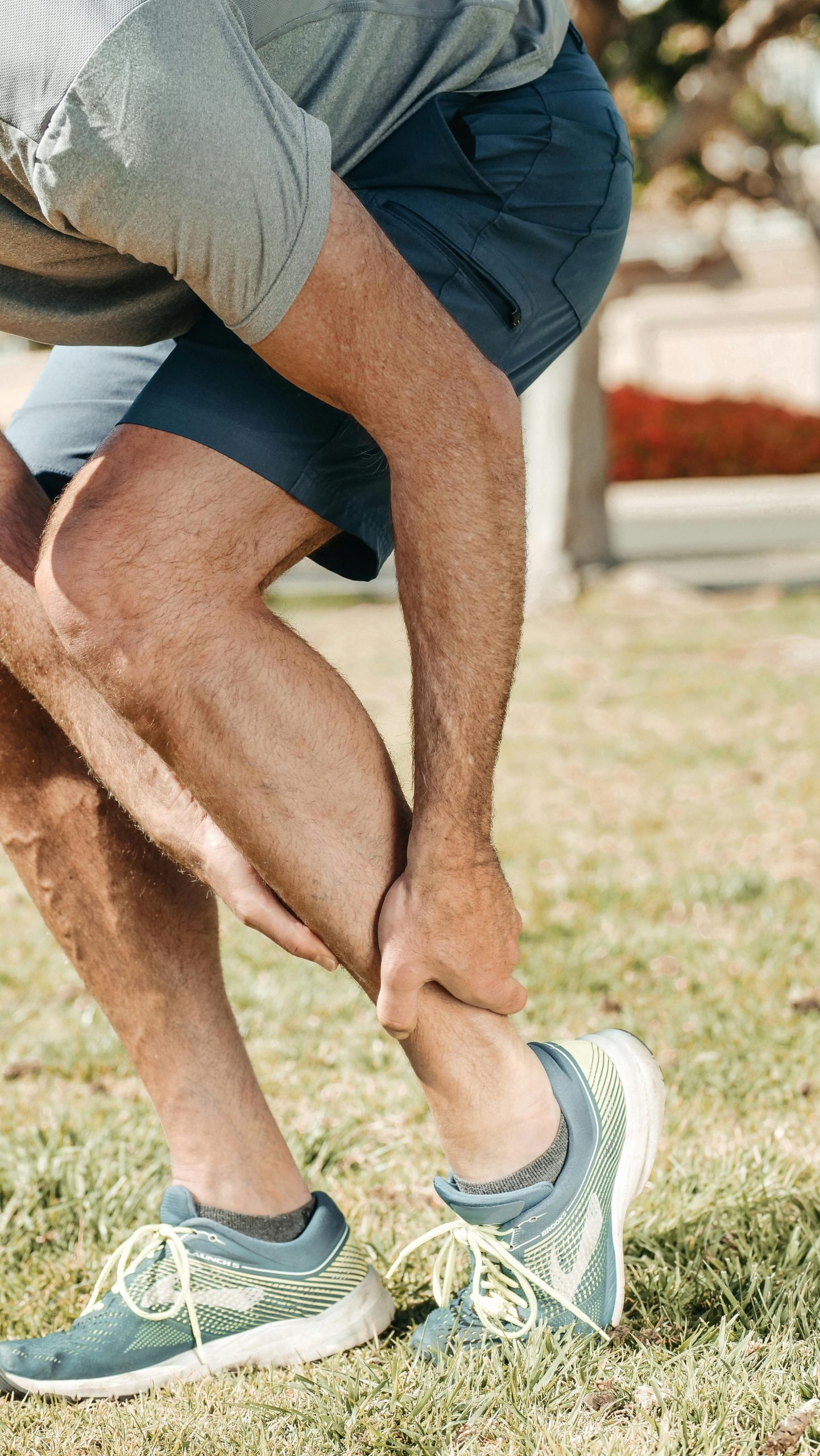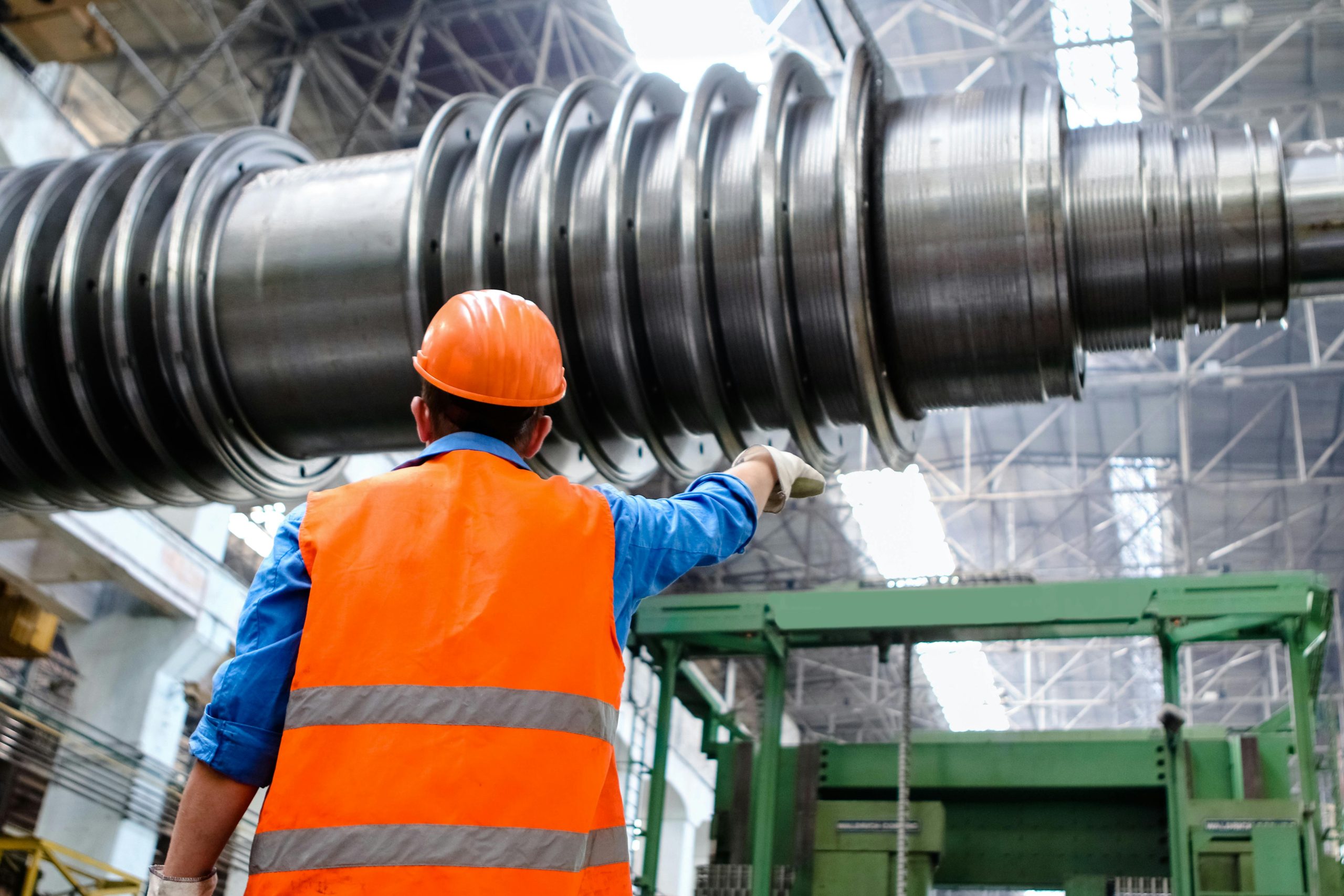Understanding Vehicle Collisions on Private Property: A Case Study
Navigating vehicle damage incidents within private residential areas can be complex, especially when insurance and liability questions arise. Let’s explore a recent scenario to shed light on how such situations might be addressed from a legal and insurance perspective.
Scenario Overview
Imagine a single individual living with their fiancée and her son in a suburban Detroit area. The property includes a driveway where two vehicles are parked: a 2017 Ford Expedition owned outright and a 20-year-old Ford F100 truck belonging to the fiancée’s son, who is covered by his mother’s insurance policy.
One day, the young man, who is experienced driving his project truck, parked it uphill from the Expedition. After stepping out of his vehicle and closing the door, the truck unexpectedly rolled backward, striking the front corner of the parked Expedition. Fortunately, the incident was captured on security cameras, confirming that the young man had exited the vehicle prior to the collision.
Damages Reported
The Expedition suffered notable damage, including a flat tire, bumper and headlight damage, and possible harm to aftermarket wheels, tires, lift kit, and suspension components. The vehicle’s estimated value ranges between $12,000 and $14,000, and it is fully paid off. The owner has a broadened collision coverage policy with a $1,000 deductible. Conversely, the truck sustained only minor scratches.
Questions Arising
Key considerations include:
-
Liability: Is the young man responsible given that he had exited the vehicle?
-
Insurance Coverage: Would homeowner’s insurance or auto policies typically cover such damages?
-
Classification of the Accident: Is it a simple accident, an act of God, or a matter of vehicle negligence?
-
Financial Implications: Which party might bear the financial burden, and how could this affect future insurance premiums or claims?
Liability and Insurance Considerations
In situations like this, liability often hinges on various factors:
-
Did the vehicle roll due to a mechanical fault or driver error? If it’s deemed a mechanical failure, manufacturer or maintenance issues may come into play.
-
Since the young man was out of the truck when it started to roll, liability may fall on him for failing to secure the vehicle properly.
-
Homeowner’s insurance typically does not cover damages caused by a vehicle in auto-related incidents unless explicitly endorsed, which is uncommon. Therefore, auto insurance is usually the primary coverage for vehicle damages.
-
If the vehicle was properly parked with the parking brake



